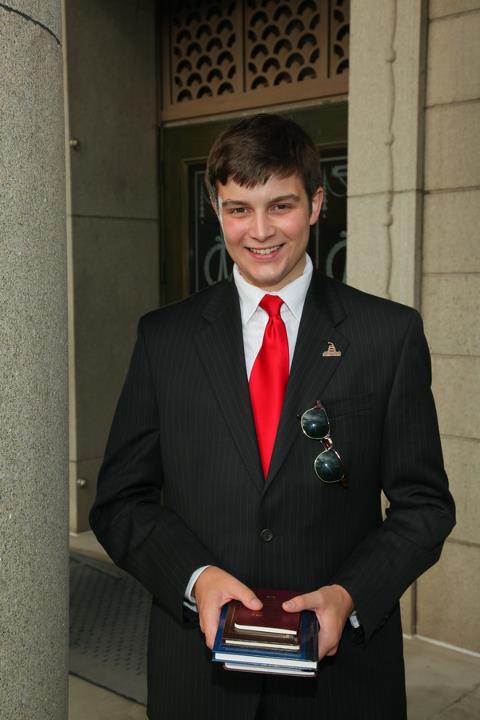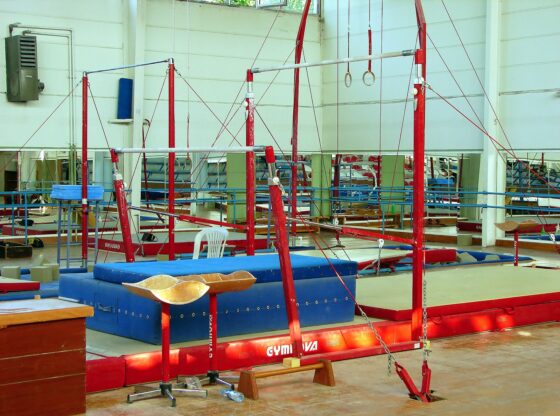The Founding Fathers and Framers of our Constitution endowed our government with a remarkable system that has endured for over 200 years and seen dozens of peaceful transitions of power.
This system, the Electoral College, is effective and reasonable, and it must remain ingrained in our republic.
The first fundamental reason to remember from high school civics class is the nuanced but important idea that our government is a republic, not a democracy. The difference is that in a pure democracy, the people make decisions directly; people gather and make legislative and policy decisions as a collective.
In a republic, or representative democracy, citizens rule through electing representatives to vote and make decisions on the behalf as a part of a larger legislative body. We have this system, and it’s worked throughout the centuries.
When someone says “Republican,” they don’t always mean the party. It’s possible to be a “small-r” republican.
The Founding Fathers clearly knew a thing or two about world history – rife with rank dictatorial cabals and filled with examples of tyranny and the “rule of the majority,” which resulted in the trampling on of the rights of the minorities.
Just think of the commotion and terror that resulted during and after the French Revolution, although this was after the framing of the Constitution.
The Electoral College is a part of representative democracy that is meant to isolate the president and vice president from the ever-shifting winds and whims of populist political movements and empower states to select a national leader.
It is for this reason that it has worked for two centuries; the people in a state vote and the electors from that state cast their votes for the candidates who win the majority of the popular vote in the states.
Federalism, or the power balance between the states and the federal government, is also ensured through the Electoral College, since both the public and the states have an appropriate say in choosing a commander in chief.
This separation of powers helps ensure that the liberties of the people are also protected, since no one entity, neither the people nor the states, has an absolute say in who is elected. Under this tested system, we are neither ruled by a majority nor a group of states.
A direct, popular election of the president and vice president would result in a highly skewed system in which a candidate could travel to only a few high-population states like New York, California, Texas and Florida and win by wooing crowds in big states.
The popular vote movement also removes the states from the equation, and by ignoring them, deals another startling blow to federalism.
As an aside, any movement to change the Electoral College is certainly doomed to fail.
Why?
Because to change a system designed into the Constitution would require an Amendment.
The process to amend this sacrosanct document is designed to be arduously lengthy and politically difficult, and no dime-store populist barnstorming has the political stamina nor the political clout to achieve this.
In only a few examples has the Electoral College stumbled, most recently in 2000.
But in another instance, 1800, the Presidential Election was decided by the House of Representatives, and that body selected Thomas Jefferson, arguably our nation’s greatest president, and my favorite.
It is not misplaced nostalgia nor an inappropriate reverence for our Founders that compels Americans to support the Electoral College, but rather a recognition of the merits of the system that makes our republic unique.
Is the Electoral College a perfect system? No.
The Electoral College was designed by men, so it reflects the flaws inherent in mankind.
But it has endured through the centuries, and we should examine very critically when asked to abolish any governmental system enshrined in the law by our wise forefathers.











